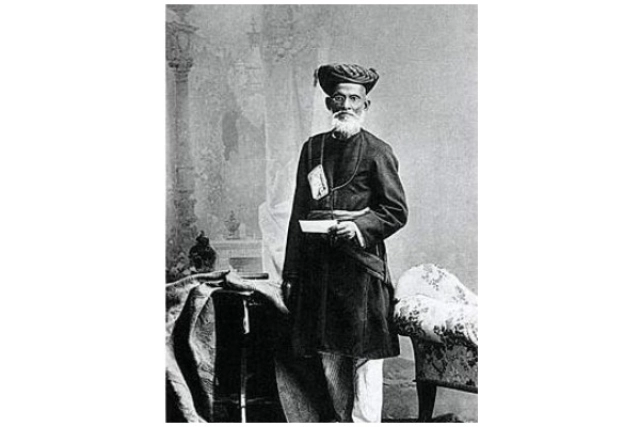In a bold step, Indian Railways has decided to end an age-old practice of deploying Group D category staff at the residences of senior officials for doing household chores.
Posting of bungalow peons, also known as Telephone Attendant-cum-Dak Khalasis (TADKs), at residences of senior railway officials including Divisional Railway Managers, General Managers and Board Members, a practice prevalent since British Raj, will no longer be followed. “The issue regarding appointment of TADK is under review in Railway Board. It has, therefore, been decided that any appointment of fresh face substitutes as TADK should not either be processed or made with immediate effect. Further, all cases approved for such appointments since 1st July 2020 may be reviewed and position advised to the Board. This may be complied with strictly in all Railway establishments,” the order stated.
However, officers associations have opposed the idea of abolishing the system pleading that unlike other Central government offices, nature of the job in Railways warrants availability of officers 24x7x365 and they are required to be on toe most of the time. “Such sudden and unilateral decisions without due consultation with the officer’s bodies, severely affects the morale and motivation of officers at the field level,” East Central Railway Officers Association said in a letter to Chairman Railway Board.
Defending the system, the officers’ body maintained that “the policy is in prevalence since a long time and serves well. Changing the policy at this time when COVID-19 pandemic is spreading gives a feeling of helplessness among officers. Therefore, it is requested to kindly recall the above mentioned letter and restore the previous practice. In case of any change, Officers’ Bodies and Association must be taken into confidence.”
A TADK is treated as a temporary employee of Indian Railways in the Group D category after the initial 120 days of service. The posting becomes a permanent one after a screening test on completion of three years of service.
Even though TADKs are engaged mainly to perform the duties such as attending telephone calls at the residence of the officer concerned, carrying files from office to the residence of the concerned officer and back etc., in actual practice, they are treated as domestic servants to do the work of cleaning, washing, cooking etc.
Though there was a demand to abolish the colonial-era practice from time to time, Railways somehow could not issue an express order to stop the postings.
Now with many reforms underway in the Railways, a decision to end this practice seems to be in the right direction.
Indian Railways last month issued an order to end the practice of using Dak Messengers, or personal messengers, also a practice continuing since British days, for official communications and move towards video conferencing in a bid to save costs.


